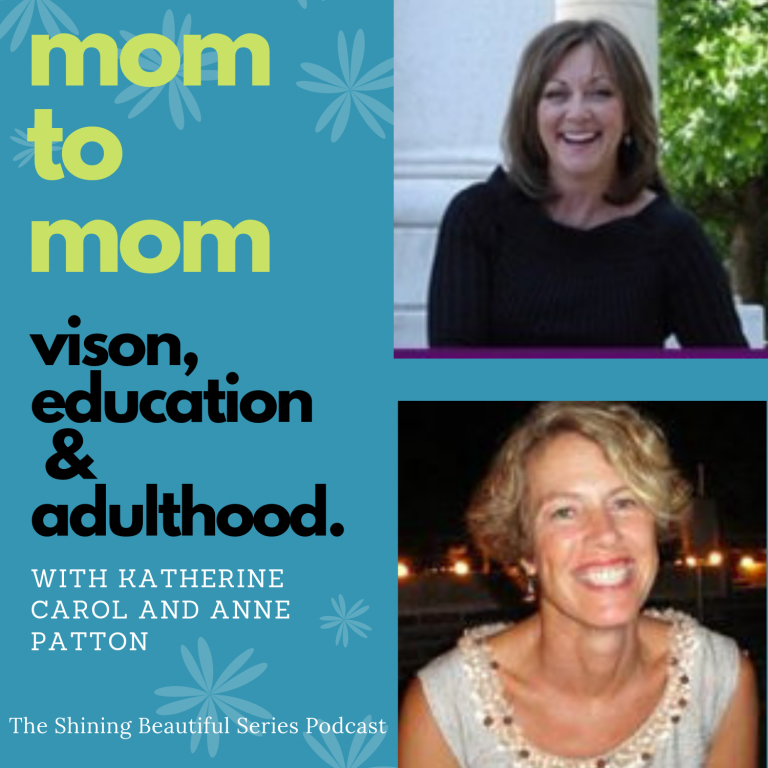From the time our children are born, we worry about where they will live when they become adults. What will their lives be like? We have a few answers. Doing nothing only kicks the can down the road. It is time to start exploring your options. Let’s discover a vision and assist your son or daughter in searching for their ideal home setting.
A great place to start is assembling a H.O.P.E. team. Do a little research before your team meeting. Research online and visit with other families and see what they are doing to plan for the future.
Begin to map out your goals. Realize there is no perfect path or clear situation. You create it. The options are as diverse as the individuals we know in our communities.
Last month, I shared how Mikelle and I figure it out. This month, I want to share with you how Anne and Chris went about creating a home for Chris, who experiences Autism. Again, his needs are similar but different to Mikelle’s. Their resources are different. Pay attention to how they pursued this goal and you might find some fresh ideas for you and your family.
Before you meet Anne and Chris, consider these questions.
Is the housing goal long term or a short term?
Living away from home can a short term goal or a long term commitment. There is no need for a final destination, yet.
For example, we know a family whose daughter is taking a few classes at a local college. As long as she is taking one class, she can live on campus. Her care providers provide personal care for her during the day. This young woman can be alone at night, but the nice part of campus living is there are always people around in the dorm. An extra benefit, is the built-in supports college campuses offer all students. In the event of an emergency, Residential Assistants (RA’S) are available for support. On-site security is 24/7.
Is this a long term option? No. Does it provide an opportunity to live away from home? Yes, indeed. And, in doing so, this woman has matured. She enjoys a rich campus life. At some point, she will leave campus with more skills for living on her own and much less fear or doing so.
Is your goal independence, partial or complete residential support?
Housing support needs will change over the years. Discuss your goals and options and be sure to balance your needs with your son or daughter’s needs. If you sacrifice your health and deny your aging, you can set everyone up for a crisis situation. Your options will not be as abundant in a crisis.
Ask yourself, what will work for both of you as you grow older.
Here is another example. Another family we know is older and approaching retirement age. Their son, who experiences an intellectual and developmental disability, recently graduated from high school. Their solution was to move another part of their home and leave to larger living space to their son. He found two roommates to provide support and lives in a place familiar to him. Not all transitions into adulthood have to be drastic.
Ask yourself if you ready to let your son or daughter experience adulthood. Sometimes the biggest barrier to our children moving forward is us. Are you ready, willing and able to let them have their own life—disability and all?
Let’s listen to Anne as we talk about how she and Chris found a suitable housing option for them. Be sure to also check out Chris’s website Lopsided Hearts Creations.
I have touched upon a few ideas to get you started. The important thing to do is get started. It is best to start before a crisis. Proper forethought, mapping out a plan, even if it changes, will set you in the right direction.


